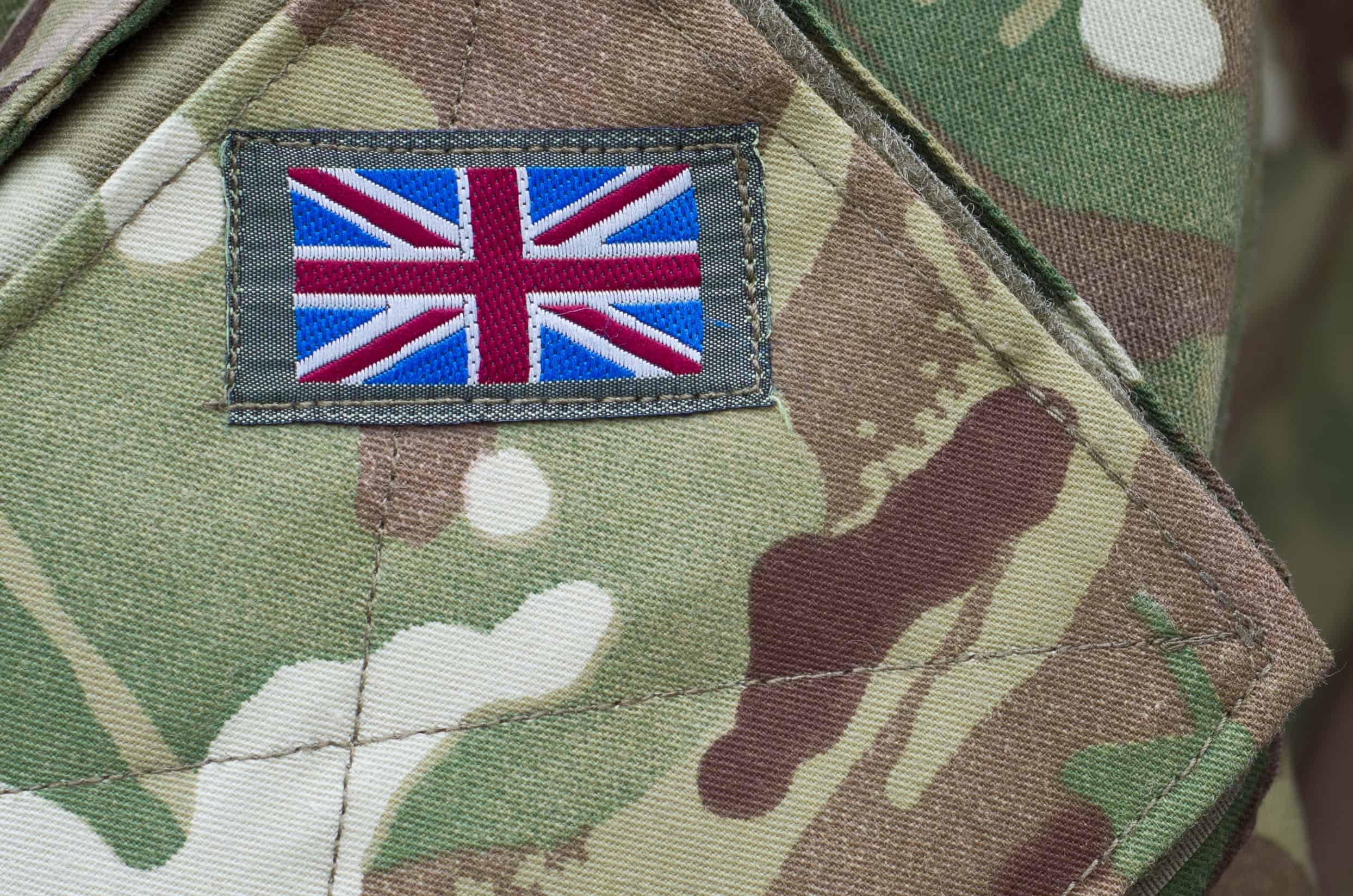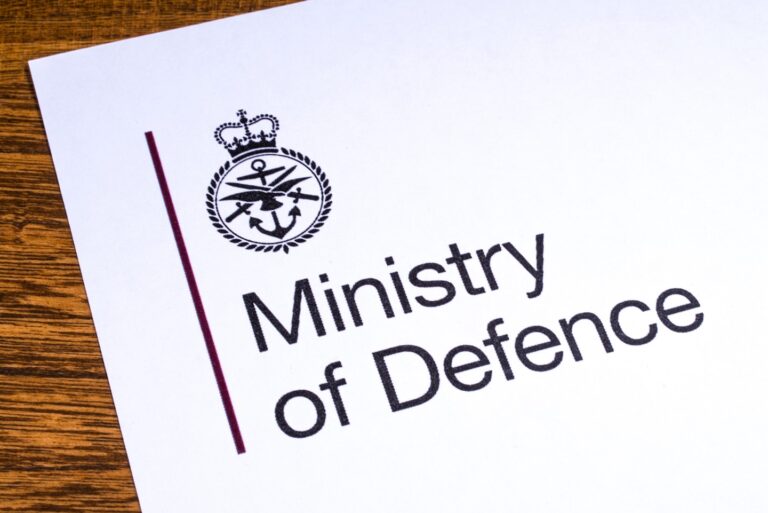
AFCS or a civil claim: which route is right for me?
At BBK we often get enquiries from Service personnel and veterans asking how to go about claiming for an injury that they have suffered. Here I hope to give some general guidance about the types of claims available.
The Armed Forces Compensation Scheme
The AFCS is a government run scheme which provides compensation for any service related injury, illness or death that has occurred since 6th April 2005. You can also claim for an award if you have an injury or illness that has been made worse by service. AFCS replaced the older “War Pensions Scheme” (WPS). Both schemes are run by Veterans UK, which is part of the Ministry of Defence.
You can apply for compensation while you are still serving or having left service, so long as you are within the time limits for making a claim. In general, an application must be made within seven years of the earliest of the following dates:
- the date of the incident leading to your injury or illness;
- the date on which your injury or illness was made worse by service;
- in the case of illness, the date you first sought medical advice for that illness; or
- your date of discharge.
If your claim relates to an injury that occurred before 6th April 2005, then you will not be entitled to AFCS but you may be entitled to a War Pension. A claim for a War Pension does not have the same time limits and so you may still be eligible for an award if you have not already claimed.
The AFCS is a “no-fault” scheme. This means that you do not have to prove that your injury or illness was caused by someone else, only that it was caused as a result of your service. So, for example, you may have suffered your injury whilst on training in the UK, or on operational tour abroad (including combat situations). If you can say that your injury would not have happened but for your service, then it is likely that you will be eligible for an award.
The level of your award will depend on the severity of your injury and its effects on your life. The Government sets the tariffs for these awards and updates them from time to time. The tariffs class each type of injury from level 1 to 15, 15 being the most severe and often applied to cases involving serious or ongoing disability. There are normally two types of award you can receive under the AFCS:
- A tax free lump sum to compensate you for pain and suffering.
- A Guaranteed Income Payment paid monthly to compensate your lost income, again tax free.
If it is unclear whether your injury will get better or worse with time, then Veterans UK will normally make an ‘interim’ award to you. This is an award that aims to tide you over whilst your condition is treated and your prognosis becomes clearer. At a later stage, and once your situation is clearer, your award will be made ‘final’. You can seek to review or appeal awards but time limits will apply.
Importantly, nothing will stop you from making a claim under the AFCS in addition to a civil claim, mentioned below.
A civil claim
There are a number of different types of civil claims that you could bring if you are injured, depending on how you were injured and/or the losses you have suffered. By “civil claim” I mean a claim brought in the civil courts or an Employment Tribunal. Unlike AFCS, all these claims require you to prove fault of some kind, though the legal tests will be different depending on the type of claim you are making. These are examples of the main types of civil claims that you can bring:
- A claim for assault or battery, for example where you have been the victim of a crime.
- A claim for dependency and/or a bereavement award, for example if your loved one died in service.
- A claim for negligence, for example because you were injured as a result of poorly maintained equipment.
- A claim under the Protection from Harassment Act, for example where you have been bullied at work.
- A claim for discrimination in the Employment Tribunal, for example where you have been treated different because of your sex, race or another protected characteristic.
There are very strict time limits that apply to civil claims. Generally speaking these are:
- Three years for any assault or battery.
- Three years from the date of injury for a claim in negligence.
- Three years from the date of death for a claim of dependency and/or for a bereavement award.
- Six years from the date of the first incident of harassment for claims under the Protection from Harassment Act.
- Three months for a claim in the Employment Tribunal (although this deadline can be extended where you have brought a Service complaint).
Normally if you are out of time to bring a claim then you will lose your right to compensation. In very special circumstances you may be able to apply to the Court or the Tribunal for permission to allow your claim to proceed out of time. But these applications are complex and not always successful. You should always check time limits at an early stage by taking specialist advice from a solicitor.
The awards that you can achieve in a civil claim will vary depending on the type of claim and your losses, although generally speaking these are far higher than the awards you might receive under the AFCS. This is mainly because in civil claims you can claim your future losses in addition to your pain and suffering. So where you may have lost your military career because of someone else’s fault, then you may be entitled to a very significant award of compensation for loss of income, benefits and pension.
Which route is right for me?
The short answer is: both! If you are entitled to an award under the AFCS and have a potential civil claim, then nothing should stop you from claiming through both routes. In fact I would encourage you to do so because you may not succeed in both routes and the process can take time. But you cannot recover twice for the same losses, so any award you receive under the AFCS may have to be credited in your civil claim, and vice versa.
Many service personnel and their families are not clear about their rights to bring a claim and they often believe that they should wait until the conclusion of their service career before seeking to make a claim. Equally, some personnel only seek legal advice after their AFCS claim has been unsuccessful. The problem is that the time limits to make a civil claim may have expired by then. So you should get advice as soon as possible after an injury or incident, so that you can be clear about your rights, check the deadlines and plan ahead.
If you have been injured and want to explore and protect your rights to bring a claim, get in touch with one of our specialist military claims solicitors for some free and confidential advice.










